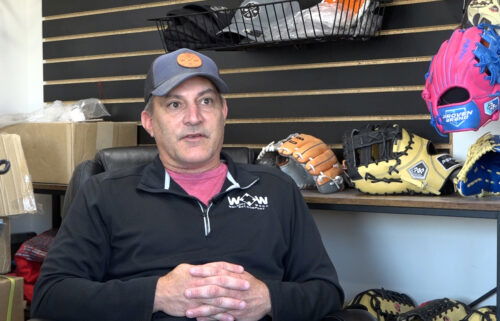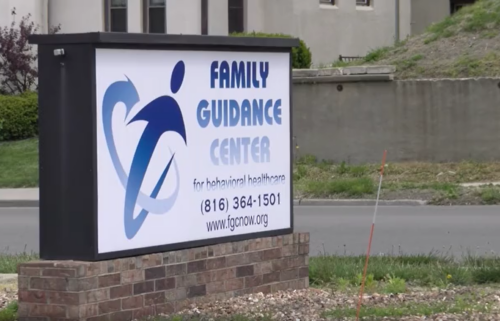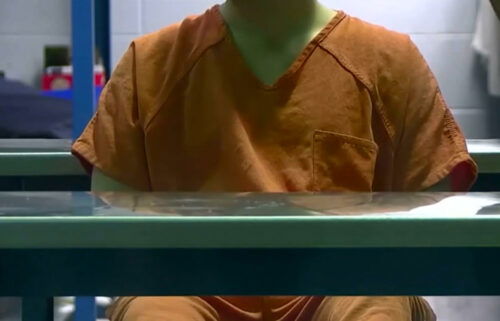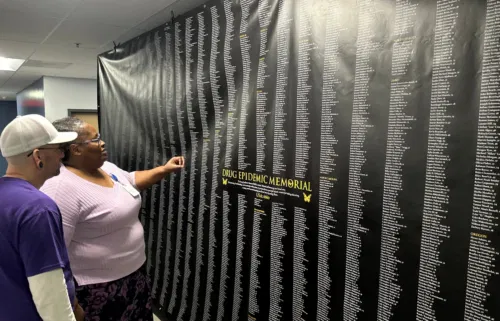Personal mental health an increasing focus for police
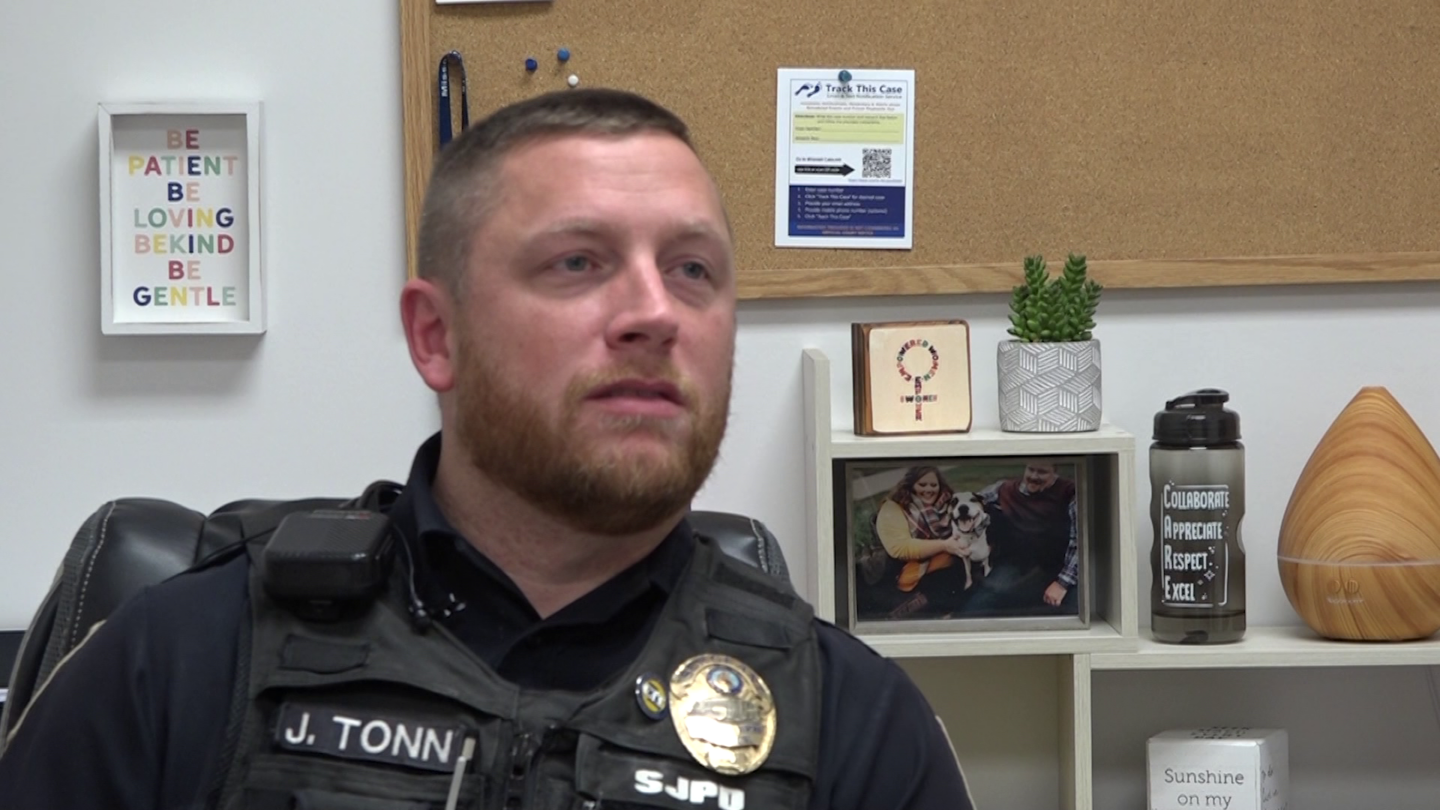
By Kyle Schmidt
It’s the job of law enforcement officers to protect the community. But what about themselves?
Police, fire and emergency crews often are the first on the scene to help someone in crisis, and dealing with such trauma can take a toll on their mental health. That’s why the St. Joseph Police Department has Kristen Siler-Kline, a community behavioral health liaison crisis clinician.
“Everyone has trauma,” Siler-Kline said. “But obviously, law enforcement looks pretty different. Trauma is quite literally part of the job.”
Siler-Kline said that’s why officers need to come and talk with her when they are thinking negative thoughts or feel lost.
Sgt. James Tonn said mental health has grown in importance in emergency response professions.
“Twenty years ago it was not something you talked about,” Tonn said. “So much so you just did not see it at all. We did not realize it is OK to not be OK because no one mentioned it.”
Now with the awareness of mental health heightened, the importance of self-care is balanced with staying focused on the job.
“So I think that is a balance we are talking about constantly because self-care is so important,” Siler-Kline said. “Things like sleep hygiene, doing the regular self-care stuff. Being law enforcement, it can be a lot harder to do those kind of things.”
Tonn said the younger generation is helping to shine a light on the importance of mental health. He said newer recruits are willing to state they are “not OK.”
Tonn said the public can support officers and other emergency workers in a simple way.
“Just give us some grace. There are times when you are going to be upset with a police officer. Just remember you don’t know what we were dealing with just prior to coming to talk to you,” Tonn said. “You might be telling us you got something stolen from you and I may act like it’s no big deal and I don’t mean it to be negative to you but I just came off of a call where somebody’s kid is dead … Then I as law enforcement have to say, ‘OK I’m done with that, go to the next thing’ but because we are all human first, we didn’t forget about it.”
The human aspect of law enforcement is often forgotten. Tonn said his way of dealing with his mental health is by being around his friends and people he loves.
“They say you are the average of the five people you hang out with the most, so I always tell people when we talk about it, don’t just hang around cops because then that’s all you’re thinking about,” he said. “That’s why I hang out with people like Kristen and I’ve got other friends in the mental health community. It really helps.”
Tonn said taking care of your mental health is not unique to just police officers.
“Out in the community, so many people have mental health issues. While you give us grace, give that person grace too,” Tonn said. “Realize thankfully today I’m not in their shoes, hopefully, I am never there. But I realize I am just as human as they are.”

